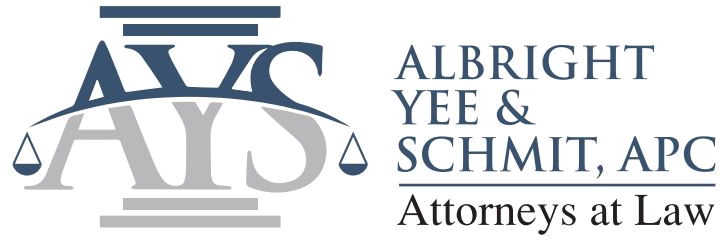On June 10, 2019, AYS and co-defense counsel obtained summary judgment against two distinct meal and rest break classes comprised of hundreds of current and former Wastewater Collection Workers I and II and Laborers employed by Defendant City of Los Angeles in its Wastewater Collection Systems Division.
Procedural History and Scope of Claims
Plaintiffs filed their original class action Complaint in Los Angeles Superior Court on June 2, 2014. The crux of the allegations was that the City allegedly controlled the class members’ whereabouts during meal and rest periods, and thus the breaks were not duty free. This, argued Plaintiffs, violated Labor Code §§226.7, 512, and Industrial Welfare Commission (IWC) Wage Order 9. In a case that spanned almost five years of litigation, Plaintiffs sought to recover millions of dollars in premium payments and penalties for a time period extending back to June 2011.
The Case Turned on Whether IWC Wage Order 9 Applied to the City’s Wastewater Collection Systems Division
Since Labor Code §§226.7, 512 claims cannot lie against a public entity, Plaintiffs wage and hour arguments were necessarily grounded on the applicability of IWC Wage Order 9. On summary judgment, the Court had to determine if there were triable issues as to whether Wage Order No. 9 applies to class members employed in the City’s Wastewater Collection Systems Division.
In terms of background, the IWC promulgated 18 wage orders prior to being defunded years ago. These wage orders continue to be enforced, and the Division of Labor Standards Enforcement (DLSE) has the primary responsibility of interpreting and applying the IWC’s Orders. Of the 18 wage orders, one is a minimum wage order, and the remaining orders are either industry-specific or occupational. To determine which wage order applies, the relevant inquiry is to look to the primary purpose of the employer’s industry. (DLSE Opinion Letter 1998.07.29; DLSE Opinion Letter 1993.11.03). If an industry order applies, it typically applies to all the employer’s employees, regardless of job duties (with some exceptions). If no industry order applies, the occupational orders are then analyzed to determine whether an order covers the specific occupation of the worker.
Wage Order No. 9, specifically, applies "to all persons employed in the transportation industry . . . ." IWC Order No. 9-2001(1)(emphasis supplied). The transportation industry is defined as "any industry, business, or establishment operated for the purpose of conveying persons or property from one place to another whether by rail, highway, air, or water, and all operations and services in connection therewith; and also includes storing or warehousing of goods or property, and the repairing, parking, rental, maintenance, or cleaning of vehicles." IWC Order No. 9-2001(2)(P).
The Court Granted the City’s Motion for Summary Judgment
On summary judgment, the Court found that the City presented substantial, undisputed evidence that the Wastewater Collection Systems Division’s purpose is to maintain the City of Los Angeles's sanitary and storm sewer systems, and that any driving performed by its employees is incidental to that primary objective. Thus, the Wastewater Collection Systems Division is not in the transportation industry, as Plaintiffs contended, and Wage Order No. 9 (and-consequently-its meal and rest period requirements) do not apply to Plaintiffs and the class.
The Court, notably, was not persuaded by Plaintiffs’ anecdotal evidence of individual tasks performed by class members. The controlling factor was that the primary purpose of the City’s Wastewater Collection Systems Division is to clean and maintain sewer systems.
The City then defeated Plaintiffs’ attempt to amend their Complaint for the fifth time. Subject to Plaintiffs’ anticipated appeal, this ruling on summary judgment effectively disposes of this class action lawsuit at the trial level in favor of the City.
Issues concerning workplace policies require detailed consideration of applicable laws. Employers should consult with experienced wage and hour attorneys before, during and after workplace policies are adopted or changed. This is best practices to ensure compliance with California’s complex landscape of evolving wage and hour laws.
We at Albright, Yee & Schmit, APC, are committed to providing our clients with effective and up-to-date advice regarding wage and hour practices. Contact us for a consultation today.
Albright, Yee & Schmit, APC
888 W. 6th Street
Suite 1400
Los Angeles, CA 90017
Office: (213) 833-1700
Fax: (213) 833-1710

